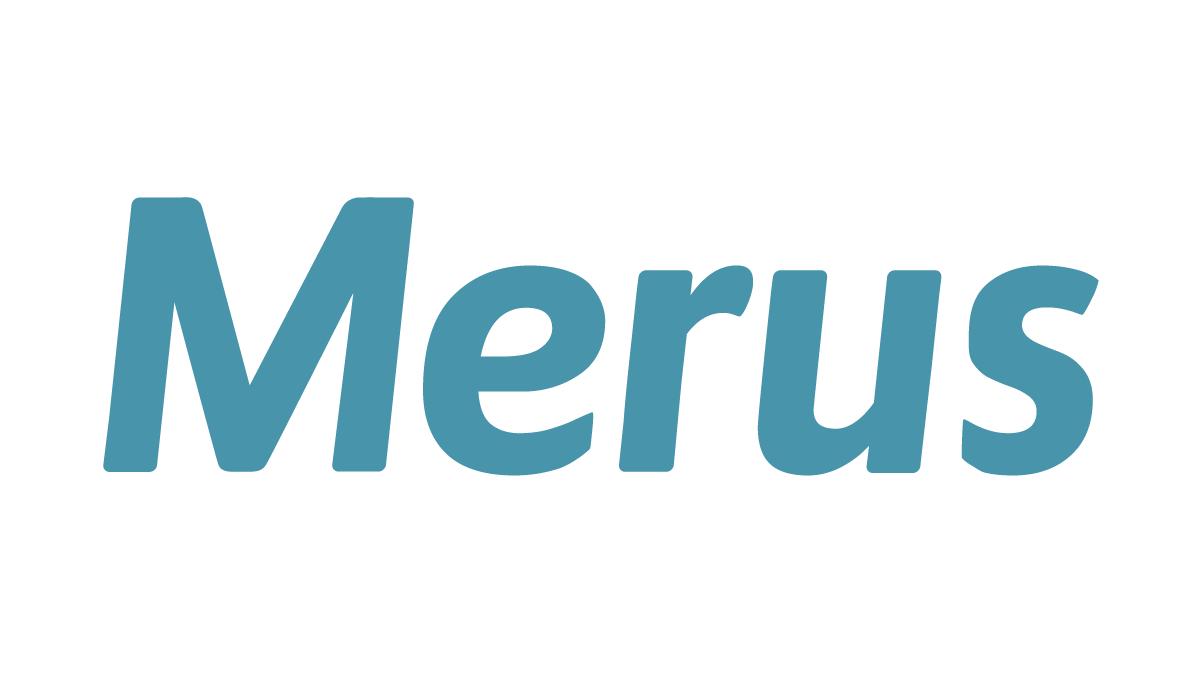Merus grabs first-in-class US approval for NRG1 cancer drug

Dutch biopharma Merus has its first approval for a commercial product, getting the go-ahead from the FDA for Bizengri, a first-in-class therapy for cancer.
Bizengri (zenocutuzumab) targets the NRG1 gene and has been cleared by the FDA to treat advanced pancreatic adenocarcinoma and non-small cell lung cancer (NSCLC) tumours that harbour NRG1 fusion mutations and can't be treated with surgery. It can be used for patients whose disease has progressed during or after earlier systemic therapy.
Merus had originally been hoping for an across-the-board indication in the NRG1-positive tumours, but that was blocked by the FDA. The approval comes shortly after the Dutch company signed up Partner Therapeutics as its US commercial partner for Bizengri for an undisclosed licensing payment plus milestones and royalties.
The approval is based on the results of Merus' eNRGy trial, an open-label study that enrolled 94 patients with NRG1-positive NSCLC or pancreatic adenocarcinoma.
Merus' drug achieved an objective response rate of 33% and 40% in the two cancers, respectively, with durations of response of 7.4 months in lung cancer and between 3.7 months and 16.6 months in the pancreatic cancer group.
NRG1 mutations are associated with high levels of invasiveness and aggressiveness, so patients typically have a very poor prognosis. Patients will have to have gene sequencing tests to identify whether their tumours carry the gene fusions before they can be treated with Bizengri.
The bispecific antibody, which is administered as a 750mg intravenous infusion every two weeks, has been approved with a boxed warning that it can cause damage to unborn children in the womb.
Its approval is an endorsement of the potential of Merus' antibody discovery engine, designed to generate bispecific and trispecific drug candidates, but it's worth noting the company's primary programme is petosemtamab, which attracted a lot of attention at this year's ASCO congress.
Petosemtamab is a bispecific antibody targeting EGFR and LGR5 and showed promising efficacy in a phase 2 trial in previously untreated metastatic head and neck squamous cell carcinoma (HNSCC) when given as a combination therapy with MSD’s PD-1 inhibitor Keytruda (pembrolizumab), a widely-used first-line treatment option for this type of cancer.
That's not to say Bizengri is expected to be a minor product. Analysts at BMO Capital Markets have predicted that the drug could garner peak sales of around $462 million, according to Reuters. The drug is expected to launch in the next few weeks but, for now, pricing has not been disclosed.












